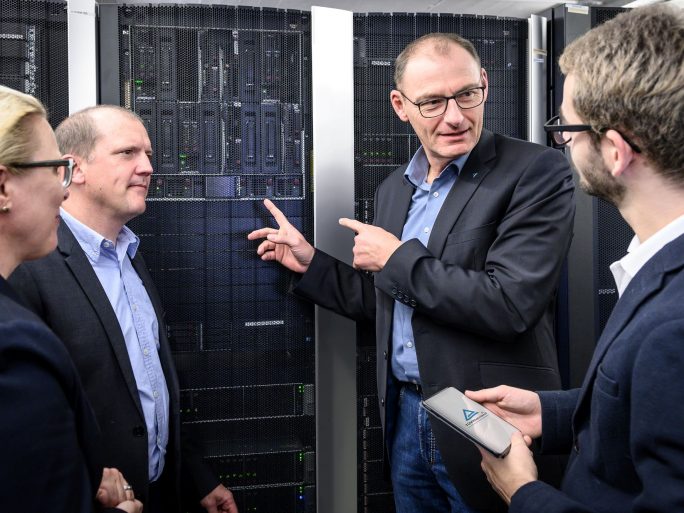Certificate for Sustainable Data Centers

TÜV Rheinland “Sustainable Data Center” certificate attests to the sustainability of data centers. Uniform standards for energy efficiency.
Data centers in Germany consume around 16 billion kilowatt hours of electricity a year. That is more than the annual electricity consumption of Berlin. Experts estimate that the number of data centers will increase by more than 20 percent by 2025 and that their electricity consumption will grow between 3.5 and 5 percent annually by 2030. Sustainability is therefore a key challenge for the more than 50,000 data centers currently operating in this country, especially as the German government plans to make them climate-neutral by 2027.
TÜV Rheinland has developed “Sustainable Data Center”, the first comprehensive certificate that certifies the sustainable and climate-neutral operation of data centers. The certification, which is geared toward sustainable optimization, helps the digital industry to meet its own high standards as well as the policy requirements for climate neutrality.
Comprehensive audit
The “Sustainable Data Center” sustainability certification is independent proof for data centers that the legal requirements in terms of energy efficiency, resource conservation and CO2 emissions are met. During their audits, TÜV Rheinland experts examine aspects that are relevant to operations. Among other things, they look at the location, hardware effectiveness, the energy efficiency of individual IT components, the data center’s electrical and air-conditioning technology, the use of waste heat and water, and CO2 management. At the end of the audit, the operator receives the “Sustainable Data Center” certificate. “The certificate also includes a detailed evaluation that can be used to permanently optimize the sustainability strategy,” explains Olaf Seiche, Head of Certifications at TÜV Rheinland. Continuous improvement and verification of sustainable operation can also be supported by regular audits.